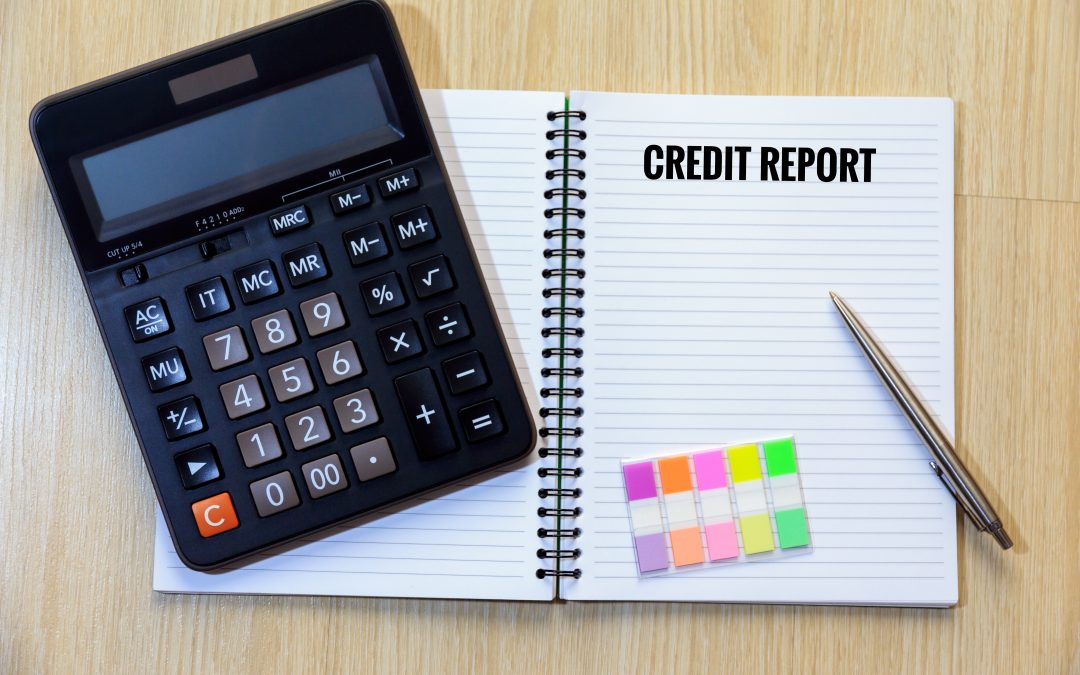Repairing your credit score can be a daunting task. Whether you are working your way back from bankruptcy, buying a new car, or moving to a new home, your credit score will determine your financial future. Many of the reparative actions you take will instantly give your score a boost, but there are some responsible choices you might make that could work against you. It’s important to know the impact that your credit choices will have on your score before you implement them.

Closing Installment Accounts
Repaying and closing out an installment loan is a surprising way to lower your credit score. For example, you might be paying interest on your auto loan. Financially, it makes sense to pay off that balance when you can. It saves the interest you would have paid and frees up your money for other debts. However, paying off an installment loan and subsequently closing the account can temporarily lower your credit score. Open accounts have a greater impact on your total score than closed accounts. While all of the positive payment history and financial responsibility is still on the report, you no longer get full credit for being prudent with your finances. Your score may also suffer if the installment account is the only account of this type on your credit report. Credit diversity plays a pivotal role in your total score, and closing the only installment account could appear less desirable to potential lenders. If you’re in a position where every point matters, it may be best to leave your installment account open and opt instead to pay down a different debt.
Closing Credit Card Accounts
A credit score decrease can also occur when you close a credit card account. It might seem intuitive to close credit accounts to avoid temptation. However, it’s a better option to leave those accounts open and simply cut up the cards. Closed accounts with a 0 balance can stay on your credit report for up to 10 years. Conversely, most negative marks on your account will fall off after 7 years. In the event that there was both positive and negative usage reflected on that account, you’re better off to keep the account open and let the negative fall off. It’s also noteworthy that if an account has been charged off and sent to collections, the negative history is wiped from your report and only the positive credit account history will remain. Another reason closing credit card accounts can impact your score is that your Credit Utilization Ratio will be affected. Your CUR compares the amount of credit you’ve used with the amount of credit that is available to you. The lower the ratio, the better your score. When you close an account with a 0 balance, you lose all of that available credit, increasing your CUR and lowering your credit score.
Requesting Credit Increases or Opening Deposit Accounts
Requesting a credit limit increase can be tempting, but oftentimes lending institutions will perform what is known as a “hard inquiry” which can temporarily lower your score. Hard inquiries can stay on your credit report for up to 2 years and each one can lower your score by 5 points. This same scenario can affect your score when you attempt to open a Certificate of Deposit or a CD. While this investment option is ultimately financially responsible, most banks will perform a hard inquiry and cost you a few points on your credit score. In the grand scheme of things, this might not matter, but when you’re actively working to repair your credit, every point counts. Avoid this issue by asking your bank if they perform hard inquiries prior to opening a deposit account.

.
Having a good credit score is vitally important to increase your buying power in our society. The process of repairing your credit after a run of bad luck or a few poor financial choices can seem overwhelming, but it’s possible to overcome this. Knowing how credit scores are calculated and how your financial decisions can influence them is a vital part of the repair process. Make sure that each decision you make is strategically aligned with raising your score, and watch out for otherwise responsible choices like the ones mentioned here that might set you back.


Recent Comments